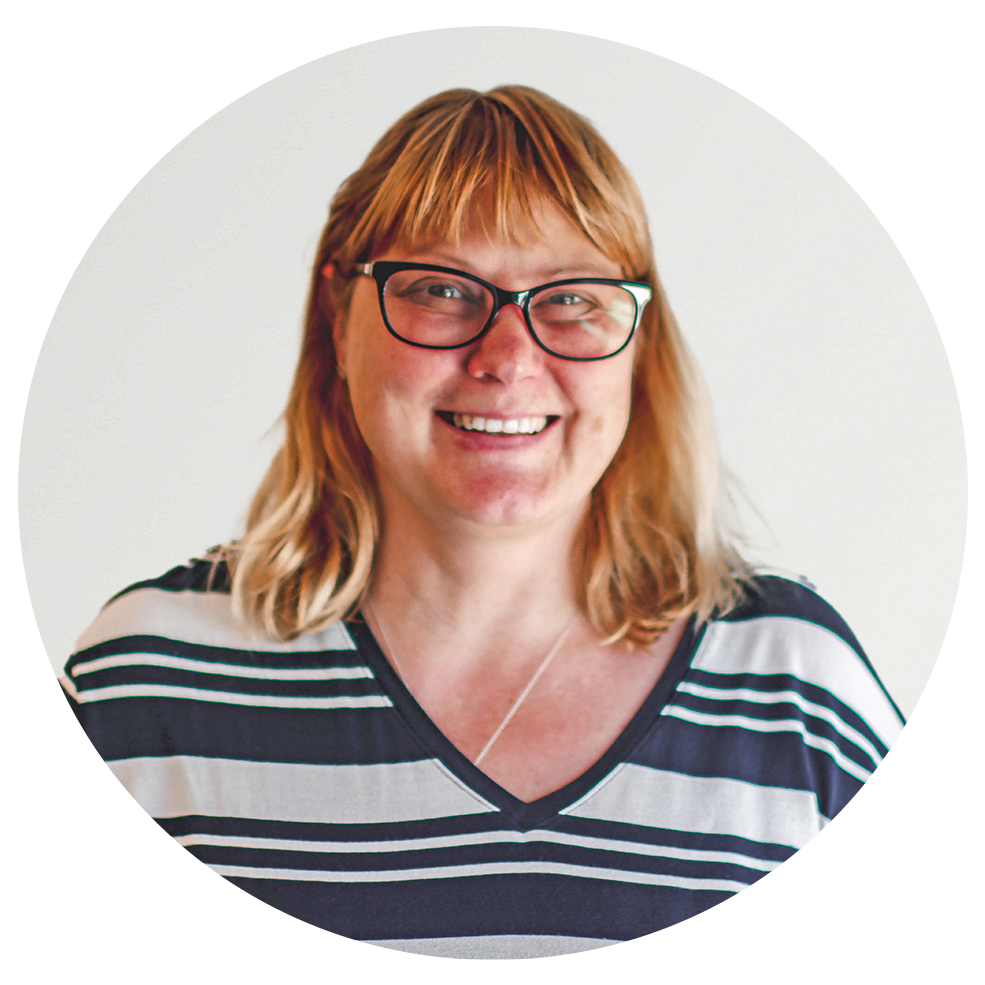Postural management in long-term neurological conditions
This webinar covers the principles of postural management and focuses on the assessment of people with long-term neurological disorders. We will explore different presenting postures and think about how we can address these with seating and a 24-hour management programme.
Learning Outcomes
- To understand what we mean when talking about basic postural management principles
- To recognise relevant signs and symptoms of problematic posture and resulting impact on function
- To practically apply postural management principles to people living with long-term neurological disorders
Meet our Experts

Jenny is a senior occupational therapist. She qualified in 1997 and completed her MSc in Neuro-rehabilitation in 2007. She has worked in Neurological Rehabilitation at the Battle Hospital in Reading, and the Rivermead Rehabilitation Centre in Oxford which became part of the Oxford Centre for Enablement in 2000. She moved into the Specialist Disability Service at the OCE from where she joined the Oxford MND Centre in January 2007.
Since August 2009 Jenny has been funded full-time by the Motor Neurone Disease (MND) Association to develop NHS wheelchair services across the UK, to improve wheelchair provision for people living with MND.
People who watched this also watched...
How to configure a chair for my client: plus size users
In this webinar we review common seating goals and explore the additional considerations and needs of plus size users when prescribing seating. Through a live demonstration, we outline the unique mechanisms and configurable options available to meet these common complex needs within the Configura Bariatric range.
Introducing the JuniorBed - reducing risk for smaller individuals
In this webinar, we will provide an overview of the children's standard (BS EN:50637 2017), introduce the features, functions, and accessories of the JuniorBed range, and explore the clinical benefits of the ultra-low FloorBed® function.
Prescribing seating for cognitively impaired users: exploring the risks
When prescribing seating, our aim is to meet the needs of the service user by prescribing a chair that will provide the right level of support, enable safe, easier assisted or independent transfers, reduce risk of pressure injuries and enable them to obtain and maintain a good sitting posture in the provided chair. However when a service user has a cognitive impairment and has poor risk awareness, additional risks are present. In this session we aim to outline some of these possible additional risks and how to overcome them to ensure the service user and their carers/family remain as safe as possible when the service user is seated in a chair that is there to meet their needs.


